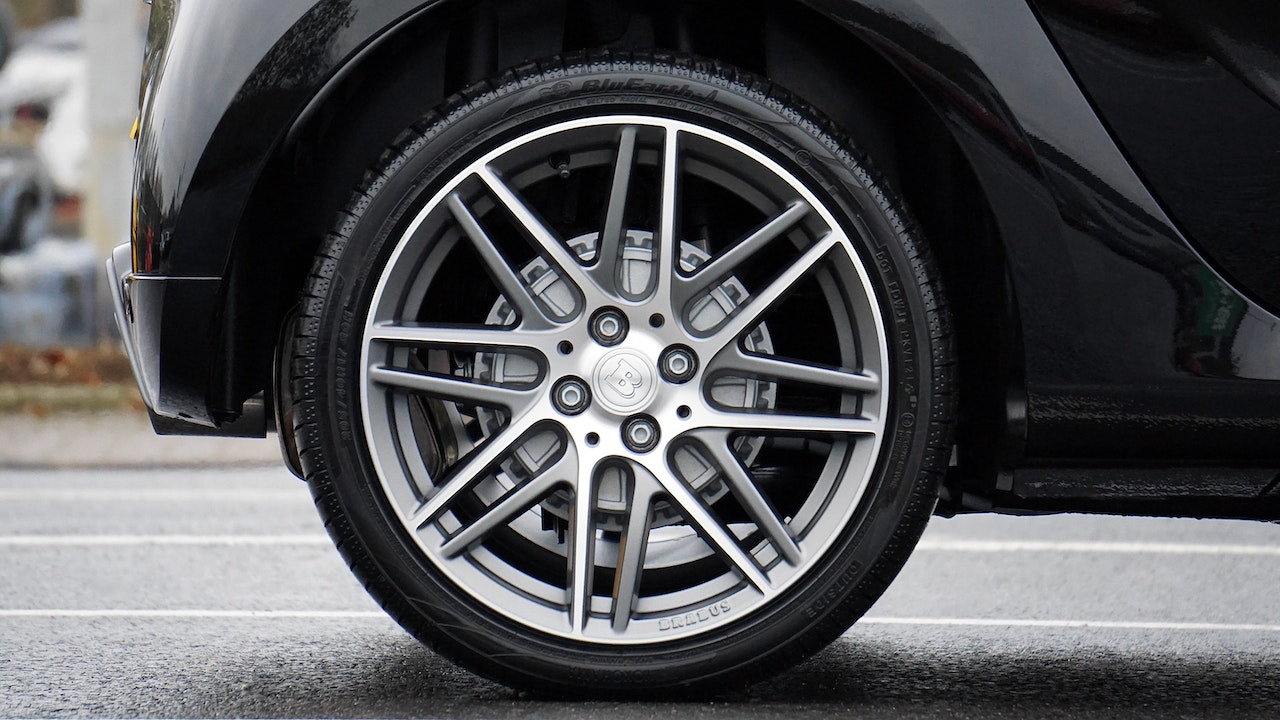Car insurance is an essential aspect of vehicle ownership, as it provides financial protection in case of accidents, theft, or damage. When purchasing a used car, finding the right insurance policy can be a bit more challenging, as there are several factors to consider, such as the car’s age, condition, and history. This article will provide you with valuable tips on selecting the best insurance policy for your used car and discuss the role of carVertical reports in evaluating insurance premiums.
Tip #1: Understand the Different Types of Car Insurance Policies
Before diving into specific policies for used cars, it’s crucial to understand the various types of car insurance policies available. The most common types include:
- Liability insurance: This policy covers any property damage or bodily injuries caused by your car in an accident. It is mandatory in most states.
- Collision insurance: This coverage pays for damages to your vehicle if you collide with another car or object.
- Comprehensive insurance: This policy covers non-collision damages, such as theft, vandalism, and natural disasters.
- Personal injury protection (PIP): This coverage pays for medical expenses and lost wages for you and your passengers, regardless of who is at fault.
- Uninsured/underinsured motorist coverage: This policy covers damages caused by a driver who is either uninsured or underinsured.
Tip #2: Assess the Coverage You Need
When insuring a used car, consider the age, value, and condition of the vehicle. A car that’s older or has high mileage may not require comprehensive and collision coverage, as the cost of the premiums may outweigh the potential payout in case of an accident. On the other hand, if your used car is in excellent condition and has a high value, it’s wise to invest in these coverages. Additionally, if you have a loan or lease on the used car, the lender may require comprehensive and collision coverage as part of the loan agreement.
Tip #3: Shop Around for the Best Insurance Rates
Insurance rates can vary significantly from one provider to another. To ensure you’re getting the best deal, gather quotes from multiple insurance companies. When comparing quotes, consider not only the price but also the coverage, deductibles, and any additional features that might be included in the policy. Online comparison tools can be helpful in this process, but don’t hesitate to contact insurance agents directly to discuss your specific needs and negotiate rates.
Tip #4: Consider Usage-Based Insurance
Usage-based insurance, also known as pay-per-mile or telematics insurance, is a type of policy that calculates premiums based on the distance driven and driving habits. If you’re purchasing a used car and plan to drive it infrequently, usage-based insurance might be an excellent option for reducing your premiums. This policy is especially useful for those who primarily use public transportation or have a secondary vehicle for daily commuting.
Tip #5: Maximize Discounts
Insurance providers offer various discounts to attract and retain customers. Some common discounts for used car owners include:
- Multi-car discount: If you have more than one vehicle insured under the same policy, you might be eligible for a multi-car discount.
- Bundling discount: Combining your auto insurance with other policies, such as home or renters insurance, can result in significant savings.
- Good driver discount: If you have a clean driving record with no accidents or traffic violations, you may qualify for a good driver discount.
- Defensive driving course discount: Completing a defensive driving course could earn you a discount on your insurance premium.
- Anti-theft device discount: Installing anti-theft devices in your used car can help reduce insurance premiums.
- Low-mileage discount: If you drive fewer miles than the average driver, you may be eligible for a low-mileage discount.
- Good student discount: Students with good academic records can qualify for discounts on their car insurance premiums.
- Military and veteran discounts: Active duty military personnel, veterans, and their families may be eligible for discounted rates.
Make sure to inquire about available discounts when shopping for insurance, as these can substantially reduce your premiums.
Tip #6: Increase Your Deductible
The deductible is the amount you pay out-of-pocket before your insurance kicks in to cover the remaining costs. By choosing a higher deductible, you can lower your insurance premiums. However, be cautious not to set your deductible too high, as you need to be able to afford the out-of-pocket costs in case of an accident or damage.
Tip #7: Maintain a Good Credit Score
Your credit score can impact your car insurance premiums, as insurers view drivers with good credit as less likely to file claims. To maintain a good credit score, pay your bills on time, keep credit card balances low, and monitor your credit report for any errors or fraudulent activity. If you have a poor credit score, consider taking steps to improve it, as this can help lower your insurance rates.
The Role of carVertical Reports in Evaluating Insurance Premiums
carVertical is a blockchain-based platform that provides comprehensive vehicle history reports. These reports include information on accidents, thefts, mileage, maintenance records, and more, which can be crucial when insuring a used car. Insurance providers can use carVertical reports to accurately assess the risk associated with insuring a specific vehicle, which in turn can impact the insurance premiums.
Here’s how carVertical reports can benefit both insurers and used car owners:
- Accurate Vehicle History: carVertical reports provide detailed information on a car’s history, allowing insurance providers to determine the appropriate coverage and premiums for a particular vehicle. This transparency benefits consumers, as they can be confident they are paying a fair price for their insurance.
- Reduced Fraud: carVertical’s blockchain technology ensures the authenticity of the vehicle history data, which helps combat odometer fraud, title washing, and other types of fraud that can affect insurance premiums.
- Improved Risk Assessment: With a comprehensive understanding of a vehicle’s history, insurers can make better-informed decisions about risk, which can lead to more accurate and fair premium pricing.
- Streamlined Claims Process: In the event of a claim, the information provided in a carVertical report can help insurers verify the details of an incident, potentially speeding up the claims process and improving customer satisfaction.
Conclusion
When purchasing insurance for a used car, it’s essential to consider factors such as the vehicle’s age, condition, and history. By understanding the different types of insurance policies, assessing the coverage you need, shopping around for the best rates, taking advantage of discounts, and using resources like carVertical reports, you can secure the right insurance policy for your used car at a fair price. This will ensure that you and your vehicle are protected, providing peace of mind as you navigate the roads.









